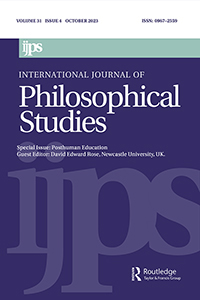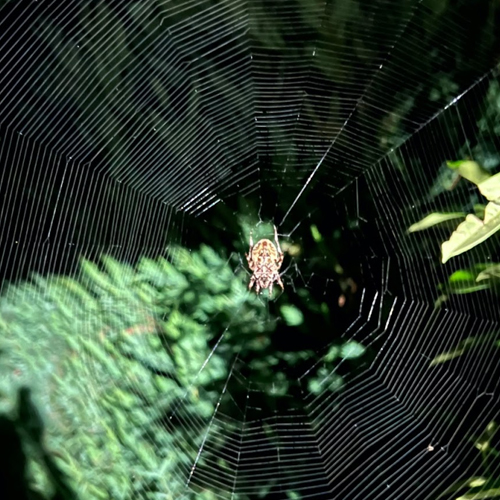
Tales from the 2023 Posthuman Summer Camp
A Collective Narrative Bricolage
The inaugural Posthuman Summer Camp 2023 at Naturama enabled a becoming, a community of posthuman enthusiasts whose collective narrative is, “quite simply, what we forgot to forget” (Braidotti, 2002).
We are (still) in Galliera: En plein air; we smell wax melting; we enjoy a blue sky and green olive trees enliven the warmth. In silence we are co-creating: selecting from circuit board, dog fur, hexagonal honeycomb, driftwood, dried leaf, cork bottle top, plastic lace, snail shell, we assemble a paracosm on a slice of rough-hewn wood.
But there is more to tell and… share. We envision a moment of co-creation through a call for narratives. Here, we aim to leave a lasting impression of our experience, to allow those who couldn’t attend to grasp the essence of our encounter and to inspire others to join this experience in the 2024 edition of the camp.
A Guided Tour
by Cosetta Veronesi
"Haiku"
by Francesca Ferrando
Insieme: l'Universo!
"Life Force"
by Joanna Pascoe

The life force, tiny kalapas, reveal themselves in the husks of what was:
Honeycomb without honey
Beeswax without bees
Electronics without electricity
Snail shells without snails
A watch face without time
Spheres within spheres, terrestrials in Galliera we are making with multi-storied matter.
Choosing and placing objects, a desire towards co-creation.
The silence attunes our senses to textures, noises, visions, olfactory noticings:
the stories of bees buzzing
dogs barking
leaves rustling
a computer beaming out waves of light and sound
We are creating a tiny world together, synergetic rhythms into this moment,
of forgetting to forget, into this digital sphere, here.
Hybrid Landscapes
by Citron | Lunardi
“Hybrid Landscapes” is the documentation of the workshop held by the artistic duo Citron | Lunardi (Selene Citron and Luca Lunardi) designed for the theme of the 1st edition of the Posthuman Summer Camp or “Posthuman practices”. The participants were able to experience in a practical and at the same time playful way a possibility of collective co-creation and mutual contamination of stimuli and ideas. The result was a living, hybrid world in continuous metamorphosis between human and non-human.
The laboratory was born from the research of Citron | Lunardi which leads to the imagination of worlds beyond catastrophe in which it is possible to hypothesize new symbiotic relationships with other species and outside of an anthropocentric perspective.
"An Incomplete List"
by Valentina Romanzi
AN INCOMPLETE LIST OF THINGS THE BIRD KNOWS THAT I DON’T
1. The taste of fresh worms (for now)
2. Not to jump through a window (somehow)
3. How to fly (with one’s wings)
4. How to crash-land (as gracefully as possible)
AN INCOMPLETE LIST OF THINGS I KNOW THAT THE BIRD DOESN’T
1. The taste of a hamburger (God, I hope so)
2. Not to sing when dawn comes (the children are sleeping!)
3. Who that strange creature staring back at me from the mirror is (a ghost)
4. Who to call to get a trampoline (in the event of crash-landing)
AN INCOMPLETE LIST OF THINGS THE BIRD AND I BOTH KNOW
1. The cruelty of men (and women)
2. The gentleness of men (and women)
3. The despair that makes humans cruel (and desperate)
4. The love that makes humans gentle (and beloved)
5. How to make a nest (no cruelty, a pinch of despair, too much love, and just enough gentleness)
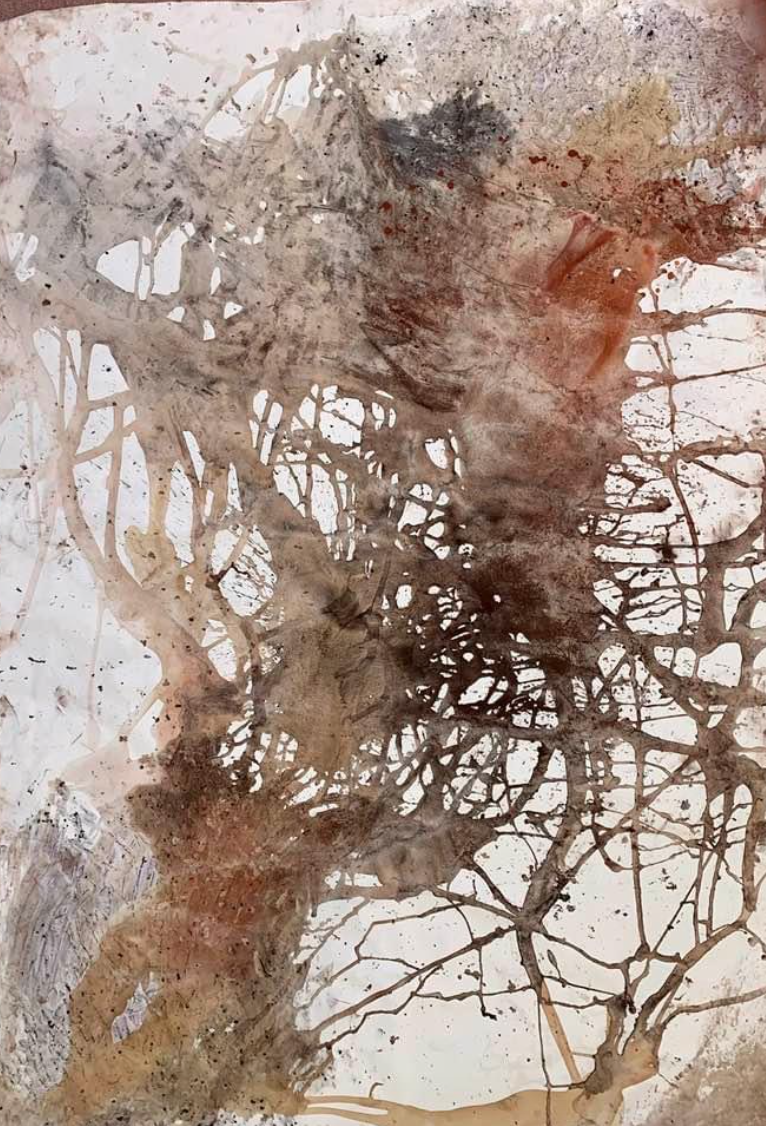
"More-than-human Art"
by Orsola Rignani
More-than-human Art; human is a catalyzer of more-than-human artistic agency within human and non human entanglements.
"A Visual Diary"
by Stefano Rozzoni
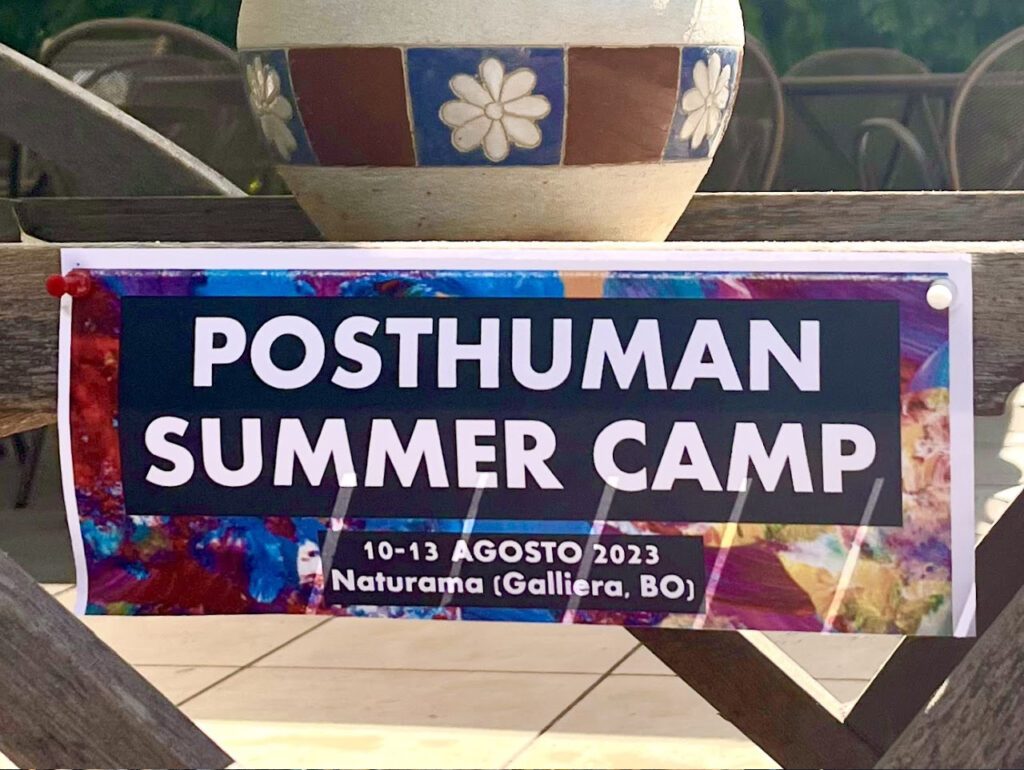
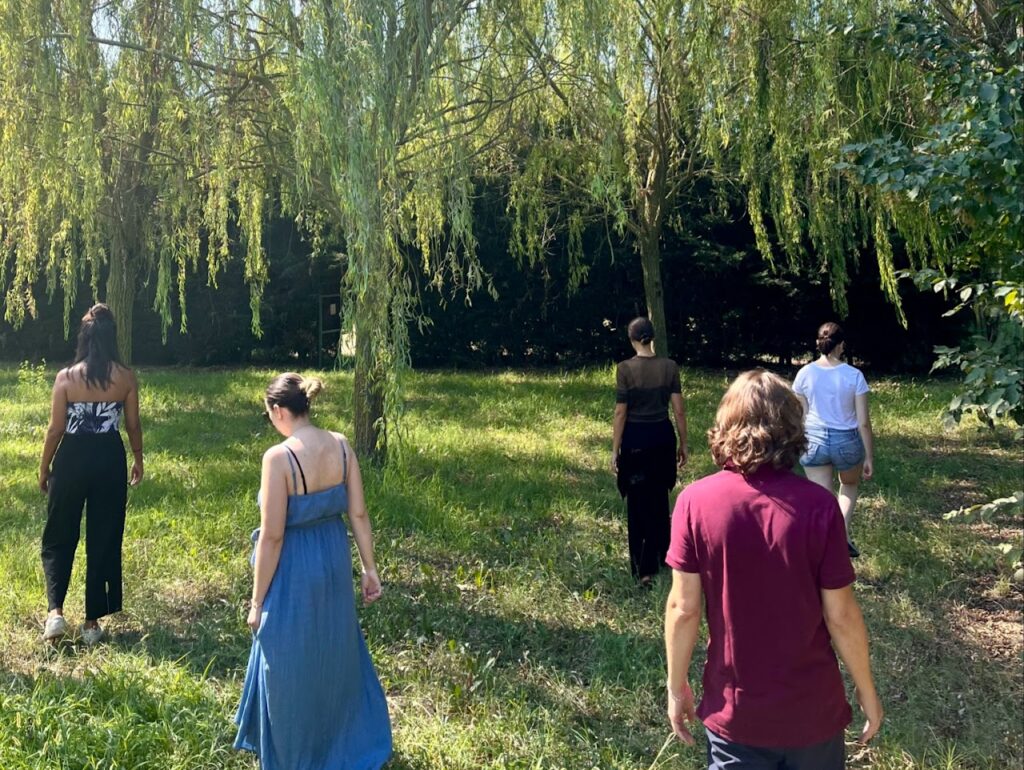
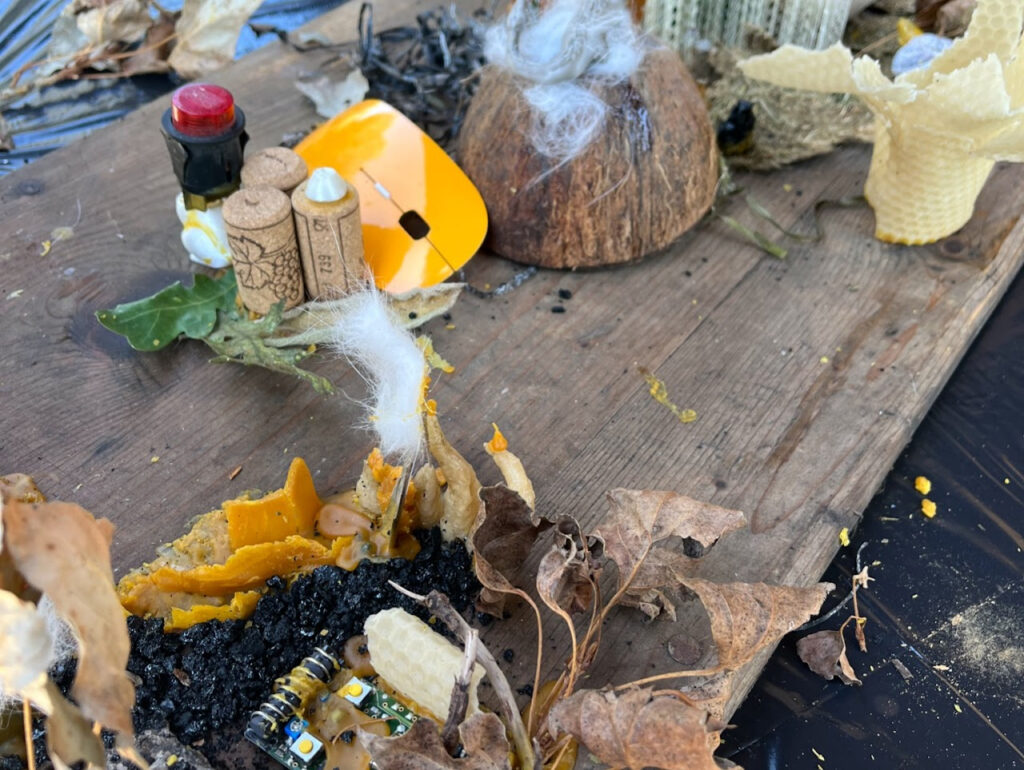
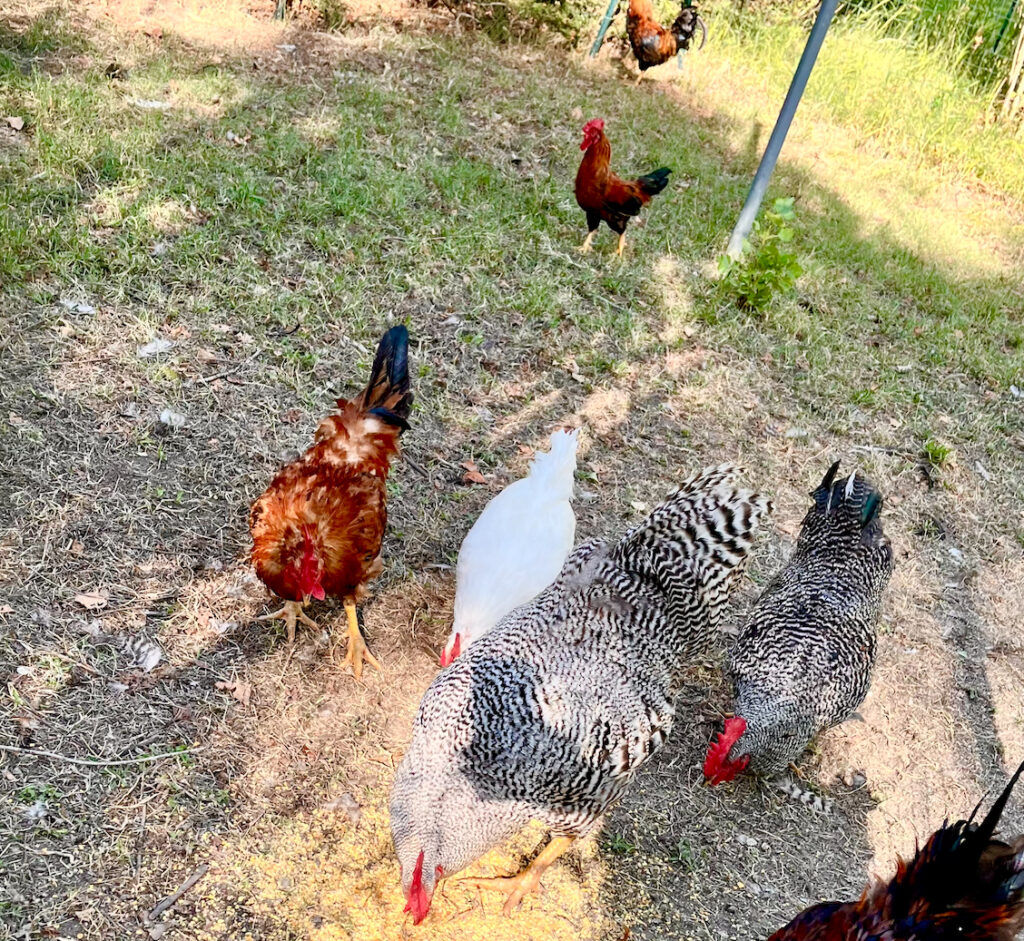
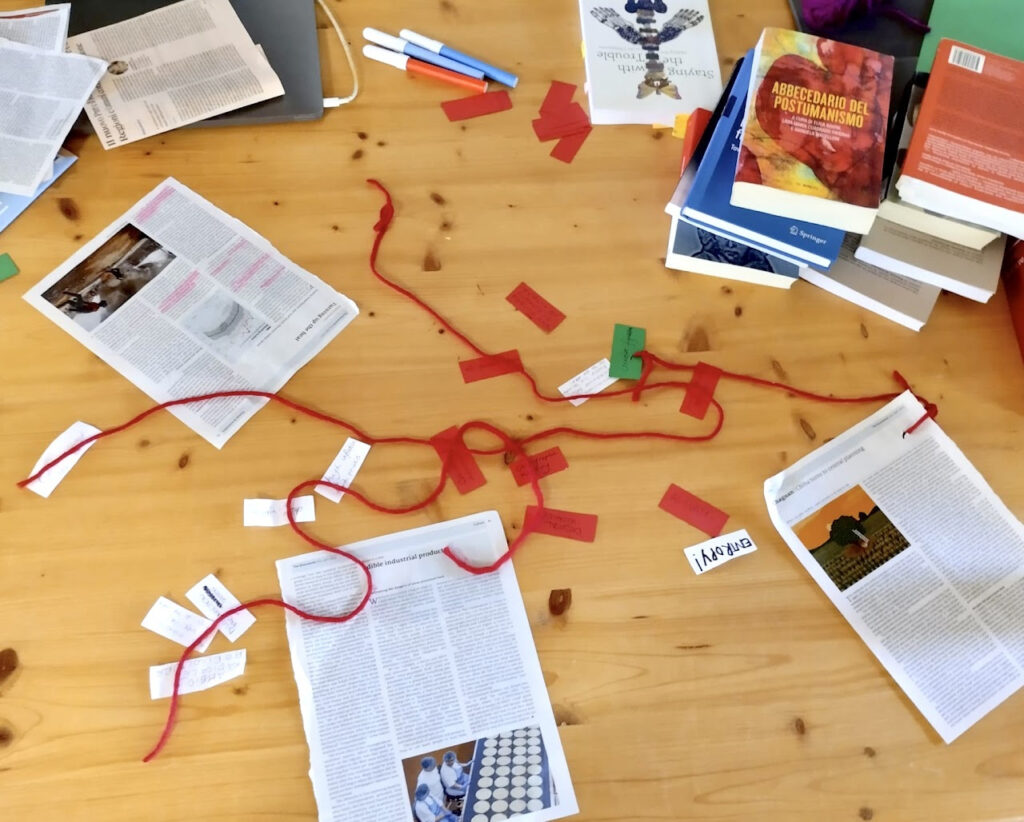
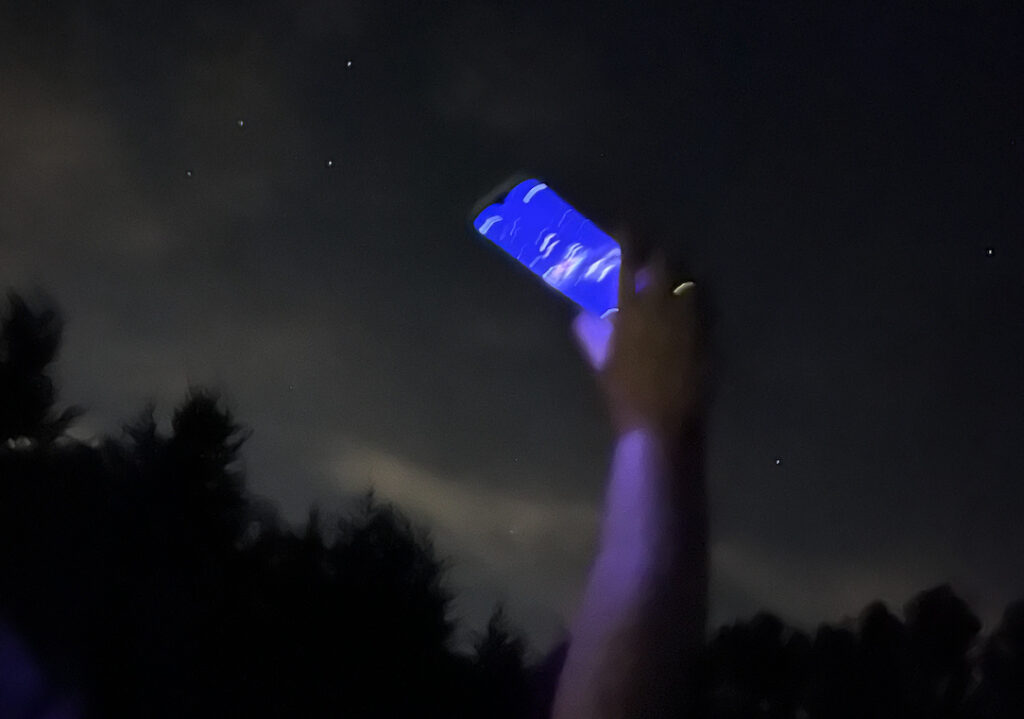
“Symbiotic posthumanist ecologies”
by Peggy Karpouzou and Nikoleta Zampaki
“Symbiotic posthumanist ecologies” – a symbiotic term itself- are proposed as an innovative planetary narrative about the biosphere and technosphere, which is embodied literary, artistically, and philosophically. This foregrounding of the multi-layered interconnectivity, welfare, and risks of symbiotic life-forms raises an ecological consciousness that requires new thinking, ethics, and affirmative biopolitics for the more-than-human citizens of this world.”
Reference
Peggy Karpouzou & Nikoleta Zampaki, “Introduction” In Symbiotic Posthumanist Ecologies in Western Literature, Philosophy and Art. Towards Theory and Practice edited by Peggy Karpouzou and Nikoleta Zampaki. Berlin: Peter Lang, 2023, p. 34
"A Journey into Darkness" by Melissa Moreno
by Melissa Moreno
A piece of my diary, 2023…
Any journey that is meant to be, is half planned, half serendipity.
This year I set out to explore darkness.
I started in April in New York collectively imagining a future
where the city was only lit by cosmic and bioluminescent light.
And months later fiction caught up with me, in Puerto Rico and Italy.
Places are just an illusion
when you discover the invisible strings of meaning that connect them.
Every step into darkness
is a chance to discover otherworldly nightscapes.
It’s 25th of June in San Juan, Puerto Rico.
I am here for a conference,
then I learn I might just be in one of the world’s best places to see marine bioluminescence.
We navigate a mangrove canal into darkness,
until we reach a beautiful lagoon.
I shake my hand in the water to awake the bioluminescence of dinoflagellates,
and their glowing dance awakens a playful child in me.
I throw water at my body and stare at the sparks of light in my skin,
they only last seconds before disappearing,
but their memory still lingers.
Bioluminescence is such a dim light and yet it fires my soul with wonder.
Every breath into darkness,
I see less,
and less important are my boundaries.
Every breath into darkness,
I melt into something greater.
It is 11th of august in Bologna, Italy
I am in a retreat with a wonderful group of post-humanist thinkers and doers
And it is also the peak day of Perseid meteor shower.
We lay down and stay still and quiet in the grass
All eyes trying to see all possible corners of the sky. Just the sound of our breaths at different paces marking time
And we synch in the loudest collective sigh
There it is,
the shiniest meteor I’ve ever seen cuts the sky,
and a cosmic feeling cuts through my soul.
As I try to grasp with my imagination all of the observable universe I wonder,
where was my beginning, where will I end?
When were we all here, the same?
I dissolve into the boundless sky and time
In darkness I don’t feel lost, I remember our cosmic memories
And time collapses in my memory
The dance of bioluminescent dinoflagellates in the water,
mirroring shooting stars in the sky
Their fleeting streaks of light so long gone, but still echoing in me,
bringing back that sense of awe that stretches my awareness
I give in to the realization that light is meant to be rare at night,
That we need to shrink our dominance of nocturnal worlds.
I give in to a profound sense of humility,
What else to do when we face the vastness of cosmic darkness?
But humility is not an abandonment of curiosity, it’s an urge to expand it.
Our awareness of cosmic history is overfocused in the shining things
What will we discover if we turn our eyes to the dark universe?
I have a newfound amazement for black holes.
In their singularity may lie the key to connect our understanding
of the unfathomable quantum worlds and macro cosmos.
They may be wombs that give birth to multiverses,
rewriting our creational myth.
A note to myself:
“Relational thinking” maybe starts with “relational feeling”.
Isn’t that after all the journey of a posthumanist?
To feel the dualisms and fragmentations of our times,
so that the ontological healing can start?
Not an abstract endeavor of the isolated mind,
but a deeply embodied journey.
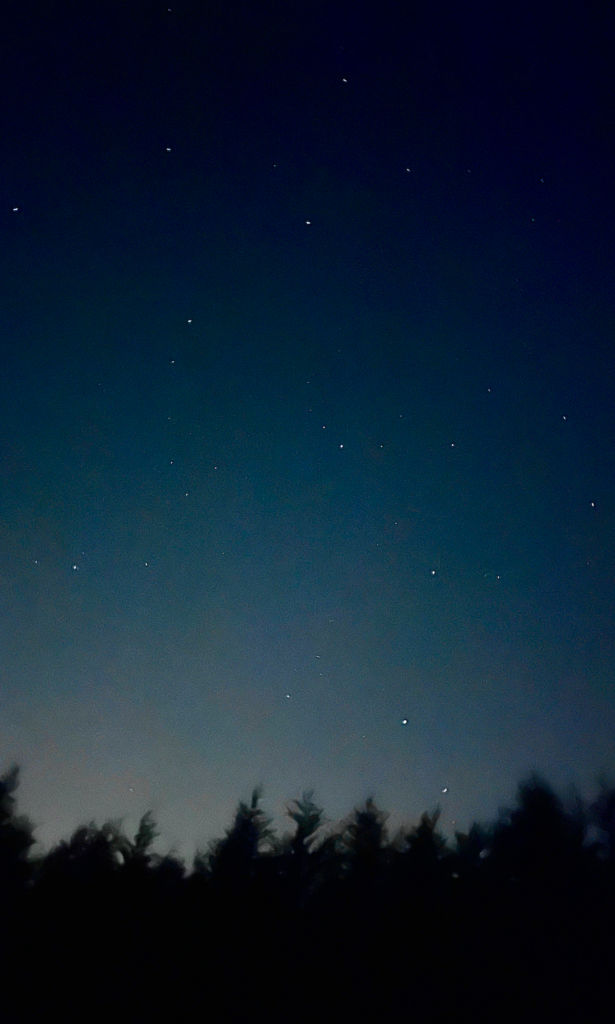


In the context of Posthuman Studies, attention towards education is gaining increasing significance to address the anthropocentric axioms embedded in contemporary worldviews.
What is posthumanist education? This paper addresses this question affirming the importance of embodying posthumanist theory in practice.
Attention will be dedicated to three original keywords: selves-care; flex(st)ability; commUnity. They will be investigated as possible posthumanist focuses to respond to current educational needs. This paper is not purely theoretical; it is anchored in material experiences that are being explored by posthuman communities worldwide. We will reflect, more specifically, on the Posthuman Summer Camp, a collaborative event organized by the Italian Posthuman Network (Italy, August 10–13 2023).
In this essay, the realities and possibilities that emerged during the first edition of the Camp are embraced as embodied and embedded, experiential and experimental – clearly, existential – praxes, enlightening our vision quest on posthumanist education.
